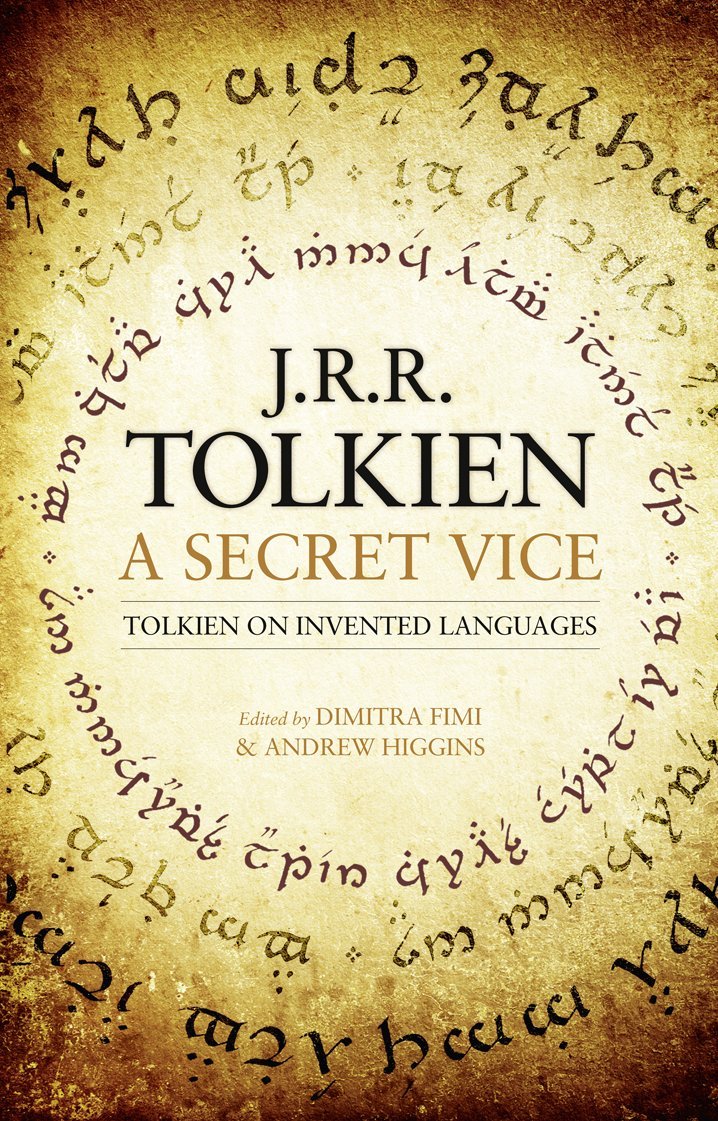Hey hey peoples! Once upon a time I wrote blog posts here. In the hopes of getting that rolling again, here’s a sort of rambling review of The Force Awakens, which I had the opportunity to see for the second time a few days ago. Do you agree or disagree with my take? I’d love to hear your thoughts in the comments below.
I’ll just say this right off the bat: as stories go, Star Wars was my first true love. My imagination was largely formed by it. Ever since seeing Return of the Jedi in the theater at the tender age of 4, I pined for the continuing adventures of Luke, Han, Leia, Chewie, and the rest of the bunch. However, at some point, I came to accept that it just wasn’t going to happen, for whatever reason. I suppose I should also mention that the prequels were, for me, a painful experience. I know I’m not the first to say that, and I don’t intend to repeat what’s already been said about them elsewhere. I’ll simply say this: with the exception of Ewan McGregor’s Obi-Wan, they suck, in sundry and diverse ways, and I hope that one day they’ll be redone.
So when news came in 2012 that Episode VII was a go, my inner child awoke. Not a day went by until December of 2015 that I wasn’t checking for further news on Episode VII, and pondering the hopes and fears of all my years. Would it suck? Would it be great? Please, just don’t let it suck.
So I’m pleased to say that I don’t think it sucks. In fact, I think it’s pretty good, probably a B on the grading scale. But for me, it’s not an A. And the main reason it’s not an A is because it doesn’t enchant.
One of the things that so draws me to Tolkien’s works is the sense of historic depth he creates. The Middle-earth landscape is everywhere littered with hints of its history. He takes the time to unpack how we got to where we are, and if he doesn’t take the time to explain some aspect of the story, we at least know that there IS an explanation for it that might be unpacked at some point. I’ve come to call this Tolkien’s fantastical realism, his insistence that the best told stories have the feel of reality and therefore cause us to enter a state of enchantment as we partake of them.
And that enchantment is the key to all this. To be sure, there are mysteries in The Force Awakens, but there’s a frustrating lack of allusion that leaves them hidden. And without said allusion, gaps in the storytelling feel a little dry, sort of like the storyteller is signaling to us that it’s just the way it is.
Think of the allusions to the Clone Wars in A New Hope. With a few off-handed references, Lucas opened up the possibility of a vast history of the galaxy far, far away. Or the words exchanged between Obi-Wan and Vader about their former master-student relationship. The imaginations of the audience are stoked by things like this. And Tolkien was a master when it came to this sort of thing. For example, we know frustratingly little about Radagast, but because of the Council of Elrond we know there IS a story to be told there.
Now, this can go wrong. Lucas created a grand mythology rooted in the mysterious Force in the original trilogy, and then all but destroyed it by the totally irritating invention of midiclorians (I won’t even do it the dignity of looking up the proper spelling) in the prequel trilogy. But this is the other extreme of the problem: over-rationalization.
With Episode VII, we get plenty of new facts (Luke has vanished, the First Order has sprung up, Kylo Ren has been seduced to the Dark side) but little in the way of setup for future revelation. For a gap of 30 years, there is a conspicuous shortage of juicy little tidbits for our imaginations to chew on. I find this wanting as storytelling. The effect is that the story feels contrived: invented rather than organic. I’m OK with not knowing the whole back story, but I want to feel like the storytellers have a pretty good idea of what it is.
Anyway, this has gone on far longer than I intended it to. In the final analysis, while I enjoyed Episode VII (it doesn’t suck!), I just didn’t lose myself in it, and it’s not something I’m going to rewatch frequently. However, based on what I’ve heard of Rian Johnson (writer and director for Episode 8), I am VERY excited for the next installment.
What grade would you give TFA?



